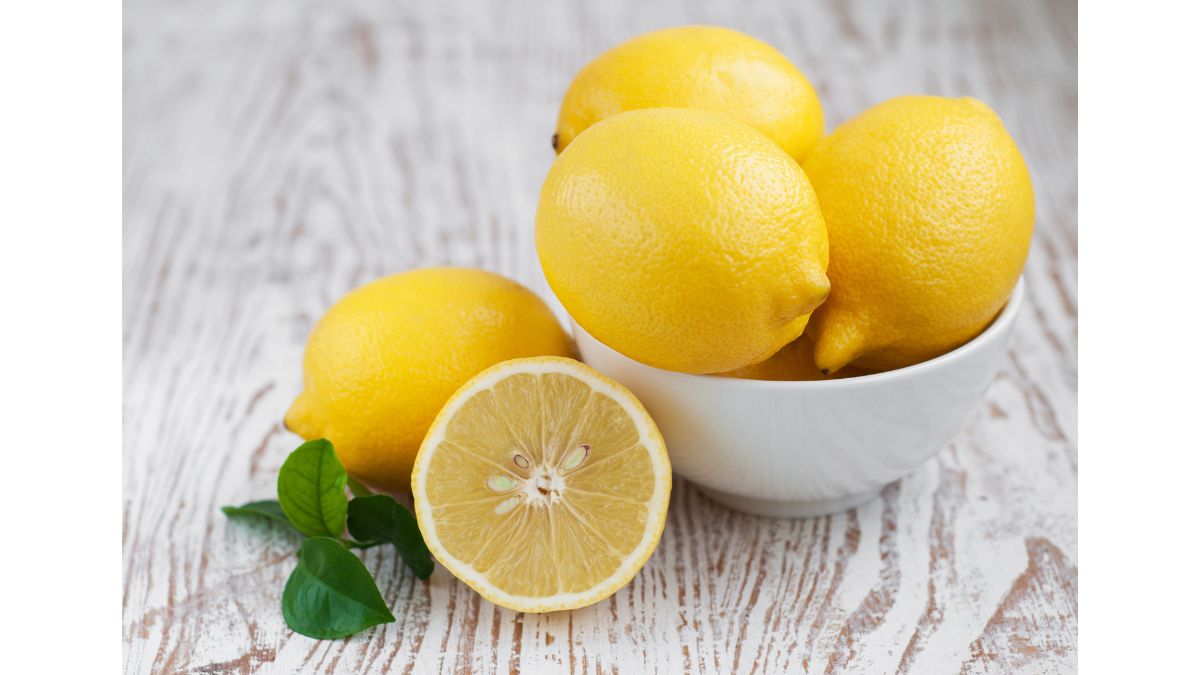- By Prerna Targhotra
- Sun, 19 May 2024 03:02 PM (IST)
- Source:JND
In addition to raising blood sugar levels, eating too much sugar raises the body's risk of heart disease and chronic inflammation. Sugar overload affects most bodily organs and functions, including your joints, teeth, skin, liver, and heart. It also affects your mood and brain activity. Eating a diet rich in fruits and vegetables can help reduce the amount of sugar in the diet. Here are some fruits that are lower in sugar than you think and can be a great addition to your regular diet.
Fruits With Low Sugar Content
Avocadoes
Avocados are a great source of vitamin E, which can decrease the deterioration of your memory and cognitive abilities and possibly even prevent Alzheimer's disease. They also include other vital minerals that promote general wellness.
Peaches
Despite their extreme sweetness, peaches are a low-sugar fruit. There are a little less than 13 grams of sugar in a medium-sized peach. Peaches are excellent for heart and intestinal health, eye health, and blood pressure regulation.
ALSO READ: 5 Amazing Ways To Use Yoghurt For Healthy And Radiant Skin
Lemons

Fruits With Low Sugar Content (Image Credits: Canva)
Lemons are high in vitamin C and low in sugar, therefore including them in your diet can have many positive effects. You can reap the amazing benefits of drinking lemon water virtually daily.
Cranberries
Rich in vital minerals and plant compounds that prevent stomach cancer, heart disease, and urinary tract infections, cranberries are a great food choice. They contain very little sugar and are primarily made up of fibre and carbs, but they also include manganese, copper, and the vitamins C, E, and K1.
Strawberries
Because of their unexpectedly low sugar content, strawberries can be a part of a diabetic diet. Roughly 7 grams of sugar and over 100% of the daily required vitamin C consumption can be found in a cup of fresh strawberries.
ALSO READ: Replace Your Regular Tea With Lemon Tea And Notice These Incredible Changes In Body
(Disclaimer: This article is for informational purposes only. It is not a substitute for professional advice, diagnosis or treatment.)

